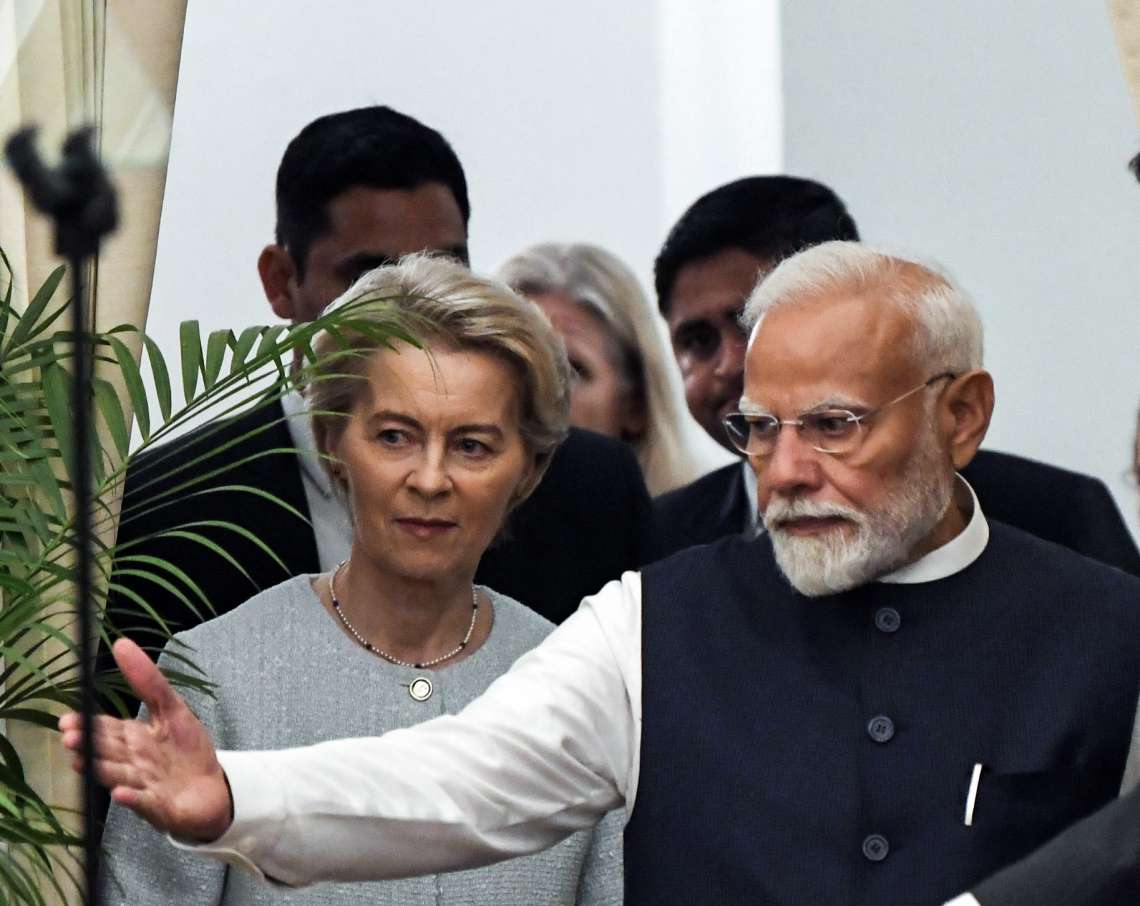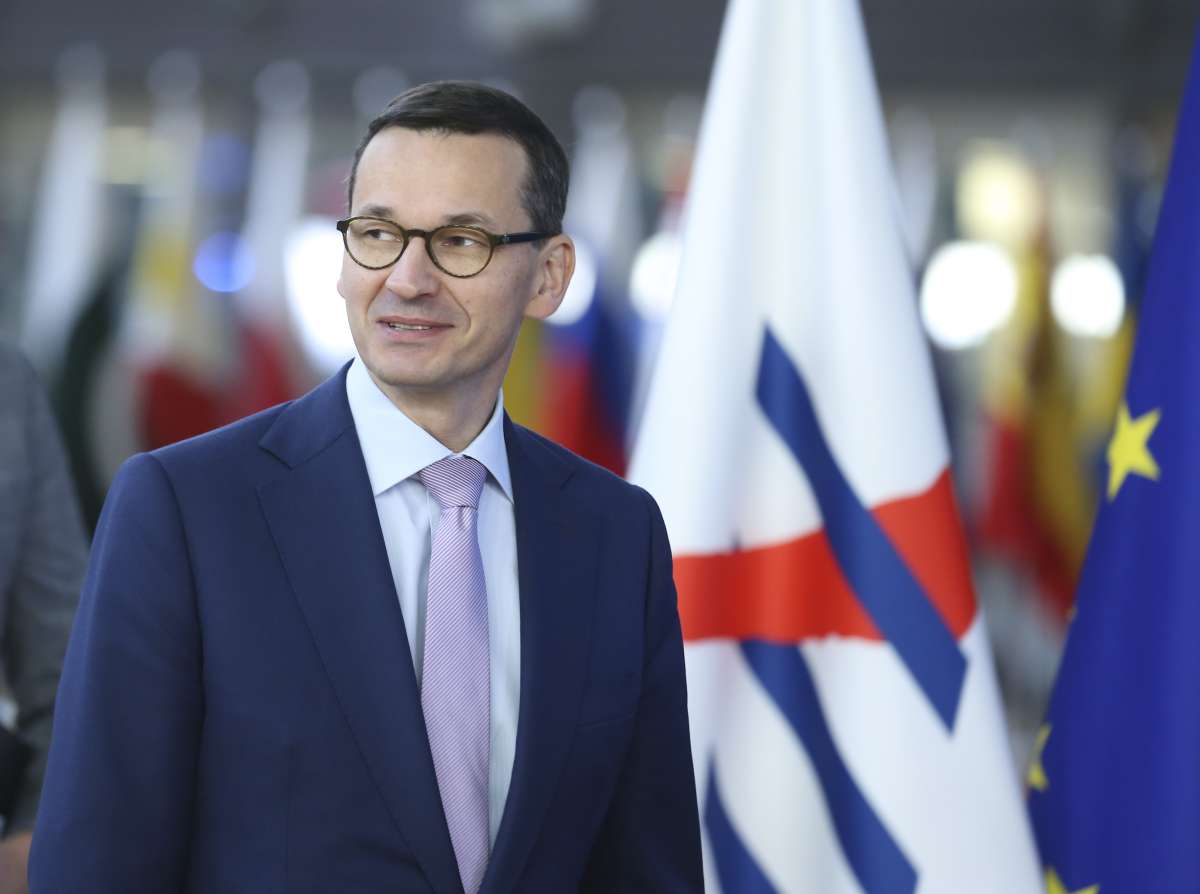The legal text will now be sent to the European Parliament and then come back to member states for final approval, which is supposed to happen before the present regime expires on 5 June….reports Asian Lite News
The influx of tariff-free Ukrainian grain has caused the fury of farmers in Poland, Hungary, Slovakia, Romania and Bulgaria.
European Union countries on Friday took the first step towards extending for another year the current suspension of tariffs and duties on Ukrainian grain coming into the internal market.
The suspension, which applies to a wide range of agricultural products, is meant to help Kyiv sustain its battered economy and enable ways to bring its cereals to developing countries, an effort that has been severely complicated by Russia’s tight control over the Black Sea route.
The legal text will now be sent to the European Parliament and then come back to member states for final approval, which is supposed to happen before the present regime expires on 5 June.
“We welcome this first approval but it’s not the end of the process,” said a European Commission spokesperson in reaction to Friday’s decision.
The positive decision taken by ambassadors contrasts with the far-reaching bans that Poland, Hungary, Slovakia and Bulgaria have imposed on Ukrainian grain and other foodstuffs, a controversy that has made international headlines and cast doubts over the bloc’s solidarity with the war-torn nation.
The four Eastern European countries, together with Romania, have for weeks complained the oversupply of tariff-free Ukrainian grain was filling up warehouses, depressing prices for local farmers and fostering unfair competition.
The complaints escalated dramatically two weeks ago, when Poland and Hungary announced unilateral bans on a series of Ukrainian agricultural products, including wheat and maize. Slovakia and Bulgaria quickly followed suit with their own prohibitions, while Romania publicly mustered taking a similar step.
The move caught Brussels by surprise and forced the European Commission to issue a public rebuke, reminding member states that commercial policy was an exclusive competence of the executive.
Since then, the Commission has been involved in behind-the-scenes talks with the Eastern European group in order to find a common, negotiated solution.
Talks are still ongoing and a breakthrough is yet to emerge.
Brussels has proposed a series of “exceptional” measures that would allow the transit of four Ukrainian products – wheat, maize, rapeseed and sunflower seeds – through the five countries but without being purchased for domestic consumption nor being stored in their territories.
In practice, this would amount to legalising the bans under the veneer of an EU-wide framework.
The Commission has also put forward a €100-million package to support affected farmers, but its disbursement is considered contingent on the lifting of the unilateral prohibitions.
The five Eastern European countries want the executive to further broaden the list of Ukrainian products that will fall under the only-transit regime so as to possibly include eggs, dairy, meat and similar agricultural goods.
The Commission insists that any additional listing will have to be based on data that proves a detrimental impact on local farmers.
Despite the persistent bans, no country objected to the decision during Friday’s discussions among ambassadors, several diplomats said.
The five Eastern European countries do not hold sufficient votes to mount a so-called blocking minority.
The regulation, though, still needs to go through the European Parliament’s legislative cycle and then come back to the EU Council, which means its future is not yet sealed.
Nevertheless, diplomats suggest a negative vote is unlikely to happen given the imperative to maintain European unity in front of Russia’s aggression.
The proposed extension, which includes a new safeguard mechanism to address market instability, would run until 5 June 2024.














